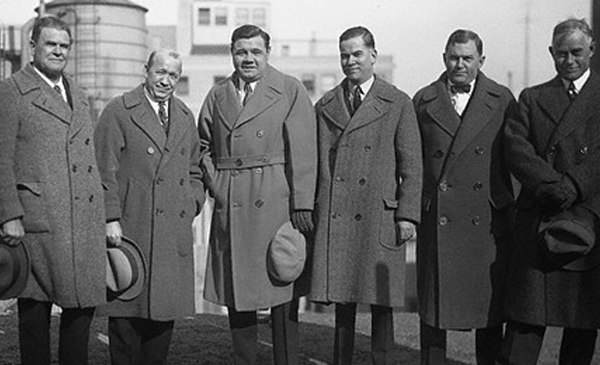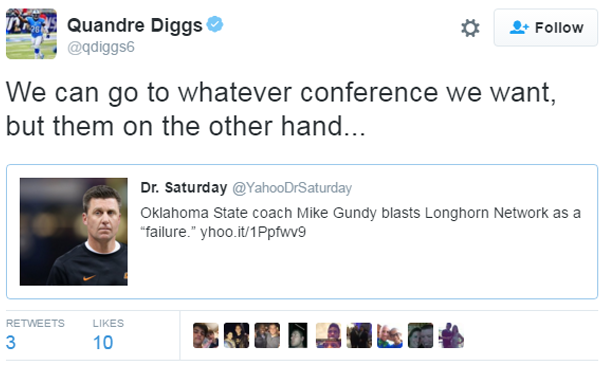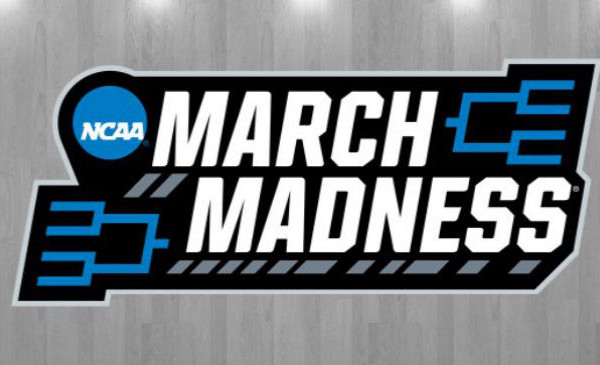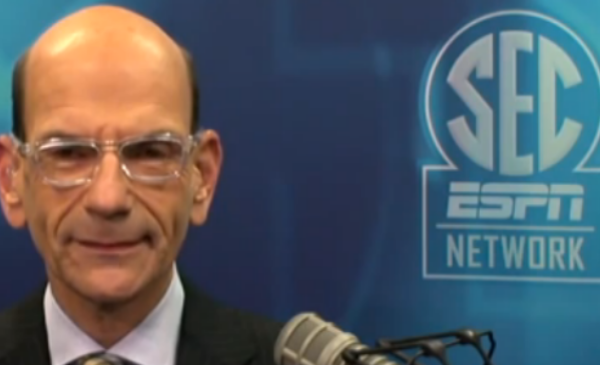Among new Georgia Bulldogs head coach Kirby Smart’s first sweeping changes from predecessor Mark Richt is a starkly more draconian transfer policy, as reported Thursday by Dawg Nation’s Seth Emerson.
The limitations reportedly in place on running back A.J. Turman aren’t necessarily indicative of a Georgia problem, nor a Kirby Smart problem. Kirby Smart is no different than scores of other coaches around college football. In fact, Mark Richt’s loose conditions on transferring players deviated much further from the sport’s norm.
That’s the problem.
Plenty of negative specific to Georgia’s new regime can be gleaned from initial reports. Athletic director Greg McGarity’s sudden about-face, commensurate with the attitude of the new coaching staff, hints to a longstanding issue of football coach’s perhaps wielding too much power in their own departments.
More specific to transfer rules, Kirby Smart’s limitations A.J. Turman underscore the need for more universal regulation.
One of the schools nixed from Turman’s consideration is Georgia’s SEC East rival, Florida. Barring a transfer from movement in conference is pretty standard, say nothing of intra-division movement. However, preventing Turman from rejoining the coaches who recruited him to Georgia at Miami — Richt and Thomas Brown — makes for bad optics. Kirby Smart may have motivation not yet shared with the public, but on its face, preventing Turman from going to the ACC and Miami just looks petty.
It’s especially unsightly given Turman is a veteran buried on the Georgia depth chart behind Sony Michel and Nick Chubb. It’s also hypocritical for those in a profession with as much turnover as coaching can enforce such restrictive conditions.
Kirby Smart is one of 27 first-year head coaches who will be patrolling new sidelines in 2016 — and that’s to say nothing of the scores of supporting staff changes around the nation.
Typically, the sole limitation on coaching moves is the hiring athletic department’s ability to pay a prospect’s contract buyout.
I have long been a proponent of open transfer rules. While there has to be some limitation to prevent players from jumping repeatedly like Luke Ridnour on NBA rosters, a one-time, one-questions-asked transfer should be a condition granted any athlete, save for instances of arrest.
That said, one would be naive to believe that would gain enough traction to be enacted. Richt was an outlier as mentioned, and coaches have somewhat understandable trepidation about allowing moves to opponent rosters.
Ultimately, these are decisions that should be taken out of the coaches’ hands — and as McGarity’s reversal proves, it is the coach’s discretion dictating transfer terms. It’s past time the FBS conferences adopt universal transfer regulations.








